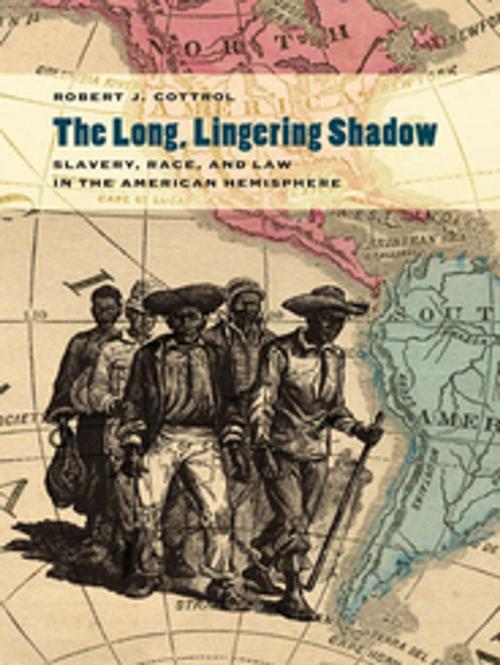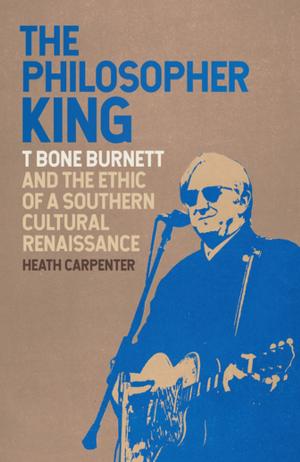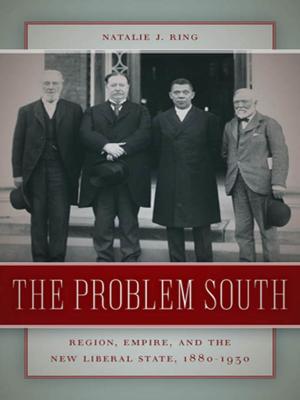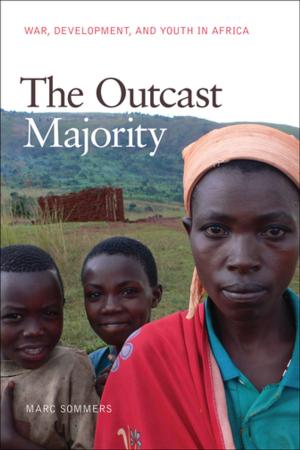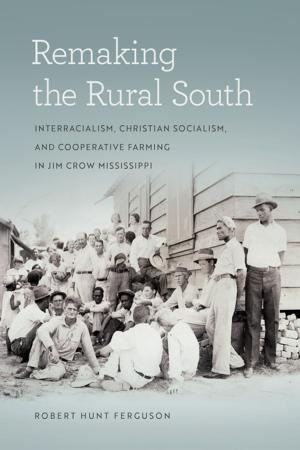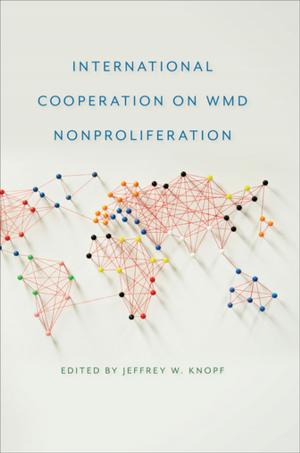The Long, Lingering Shadow
Slavery, Race, and Law in the American Hemisphere
Nonfiction, Reference & Language, Law, Legal History, Social & Cultural Studies, Social Science, Discrimination & Race Relations| Author: | Robert J. Cottrol, Paul Finkelman, Timothy S. Huebner | ISBN: | 9780820344768 |
| Publisher: | University of Georgia Press | Publication: | February 1, 2013 |
| Imprint: | University of Georgia Press | Language: | English |
| Author: | Robert J. Cottrol, Paul Finkelman, Timothy S. Huebner |
| ISBN: | 9780820344768 |
| Publisher: | University of Georgia Press |
| Publication: | February 1, 2013 |
| Imprint: | University of Georgia Press |
| Language: | English |
Students of American history know of the law’s critical role in systematizing a racial hierarchy in the United States. Showing that this history is best appreciated in a comparative perspective, The Long, Lingering Shadow looks at the parallel legal histories of race relations in the United States, Brazil, and Spanish America. Robert J. Cottrol takes the reader on a journey from the origins of New World slavery in colonial Latin America to current debates and litigation over affirmative action in Brazil and the United States, as well as contemporary struggles against racial discrimination and Afro-Latin invisibility in the Spanish-speaking nations of the hemisphere.
Ranging across such topics as slavery, emancipation, scientific racism, immigration policies, racial classifications, and legal processes, Cottrol unravels a complex odyssey. By the eve of the Civil War, the U.S. slave system was rooted in a legal and cultural foundation of racial exclusion unmatched in the Western Hemisphere. That system’s legacy was later echoed in Jim Crow, the practice of legally mandated segregation. Jim Crow in turn caused leading Latin Americans to regard their nations as models of racial equality because their laws did not mandate racial discrimination— a belief that masked very real patterns of racism throughout the Americas. And yet, Cottrol says, if the United States has had a history of more-rigid racial exclusion, since the Second World War it has also had a more thorough civil rights revolution, with significant legal victories over racial discrimination. Cottrol explores this remarkable transformation and shows how it is now inspiring civil rights activists throughout the Americas.
Students of American history know of the law’s critical role in systematizing a racial hierarchy in the United States. Showing that this history is best appreciated in a comparative perspective, The Long, Lingering Shadow looks at the parallel legal histories of race relations in the United States, Brazil, and Spanish America. Robert J. Cottrol takes the reader on a journey from the origins of New World slavery in colonial Latin America to current debates and litigation over affirmative action in Brazil and the United States, as well as contemporary struggles against racial discrimination and Afro-Latin invisibility in the Spanish-speaking nations of the hemisphere.
Ranging across such topics as slavery, emancipation, scientific racism, immigration policies, racial classifications, and legal processes, Cottrol unravels a complex odyssey. By the eve of the Civil War, the U.S. slave system was rooted in a legal and cultural foundation of racial exclusion unmatched in the Western Hemisphere. That system’s legacy was later echoed in Jim Crow, the practice of legally mandated segregation. Jim Crow in turn caused leading Latin Americans to regard their nations as models of racial equality because their laws did not mandate racial discrimination— a belief that masked very real patterns of racism throughout the Americas. And yet, Cottrol says, if the United States has had a history of more-rigid racial exclusion, since the Second World War it has also had a more thorough civil rights revolution, with significant legal victories over racial discrimination. Cottrol explores this remarkable transformation and shows how it is now inspiring civil rights activists throughout the Americas.
